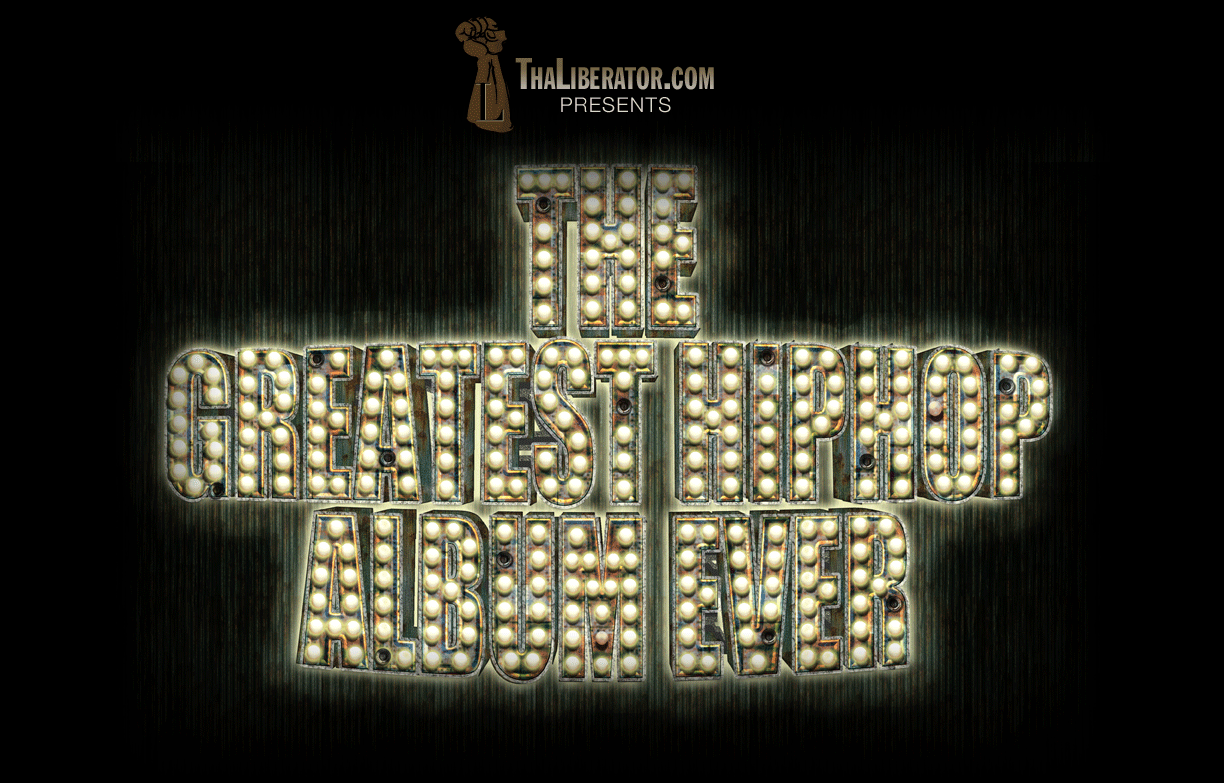CHEAT SHEET
I know not everyone cares enough nor is interested in reading thousands of words explaining exactly what makes Death Certificate HipHop's greatest album — so here are the highlights:
1. Prophecy:
Death Certificate predicted the LA Riot one year before it occurred and identified the two key flashpoints - Black/Korean hostilities and the fallout from the police beating of Rodney King. It also specified who would be the target of the violence once the riot jumped off and why. The riot was the most costly, violent and deadly American civil disturbance since 1863. see Black Korea
2. Prophecy 2.0:
Death Certificate highlighted, in great detail, the poor patient care at Martin Luther King/Drew Hospital, an institution that would eventually be closed years later due in large part to an incident virtually identical to the one described in the song "Alive on Arrival." see Killa King
3. Degree of difficulty:
As a concept album with songs about separate and distinct topics built around a central theme and maintained throughout the album, Death Certificate represents the most difficult type of album to create. Sequencing is critical as each song flows thematically and lyrically from one to the other, advancing the album’s theme and narrative. see Concept
4. Condemnation:
No HipHop album has been more widely condemned for its overall lyrical content than Death Certificate. The album received a backlash from the media, social and governmental quarters unlike any HipHop album before or since (Ice-T and Bodycount’s Cop Killer was a rock record). see Reaction
5. Classic Dis:
"No Vaseline" essentially destroyed "The World's Most Dangerous Group," NWA, with a barrage of blistering attacks on Eazy, Dre, Ren and DJ Yella that centered on a litany of decidedly non-gangsta missteps most notably the fact that white manager Jerry Heller was taking financial advantage of the group’s members — an issue that eventually led Dr. Dre to leave the group and Ruthless Records. Not only was there no reply record from NWA to "No Vaseline," but the group disbanded soon afterwards. The song was banned from UK pressings of the album. see Dis
6. Cover:
A must mention on any list of greatest album covers, Death Certificate's cover art features superior composition with a menacing Ice Cube standing in a morgue, over the flag draped/toe-tagged body of Uncle Sam. Open to various lines of interpretation the cover is as iconic as any in HipHop. see Cover
7. Timelessness:
As with any album considered in the "Greatest" discussion, Death Certificate maintains a timeless element. The album, sadly, is as lyrically and thematically relevant now as it was upon its release in October 1991. Musically the beats aren't dated in the same way G-funk, James Brown samples and 808 beats tie other albums to specific moments in time.
Over the past few decades, many HipHop albums have possessed two or three of these attributes, but none have combined all of these elements executed at such a high level. In addition, the prophetic nature of this album can not be understated as there is simply no equivalent in HipHop, and possibly in 20th and 21st Century popular music, of art so clearly forecasting catastrophic events.
What Ice Cube achieved on Death Certificate would be the equivalent of Lil' Wayne predicting Hurricane Katrina and the breakdown of social order that occurred after FEMA botched the response, one year before it all occurred.
Quite simply, Death Certificate represents everything HipHop music, theoretically and idealistically, imagines itself to be, at its very best — controversial, socially and culturally relevant, creative, political, provocative, and artistic.
And by that standard, there is no greater Hiphop album than Death Certificate.




